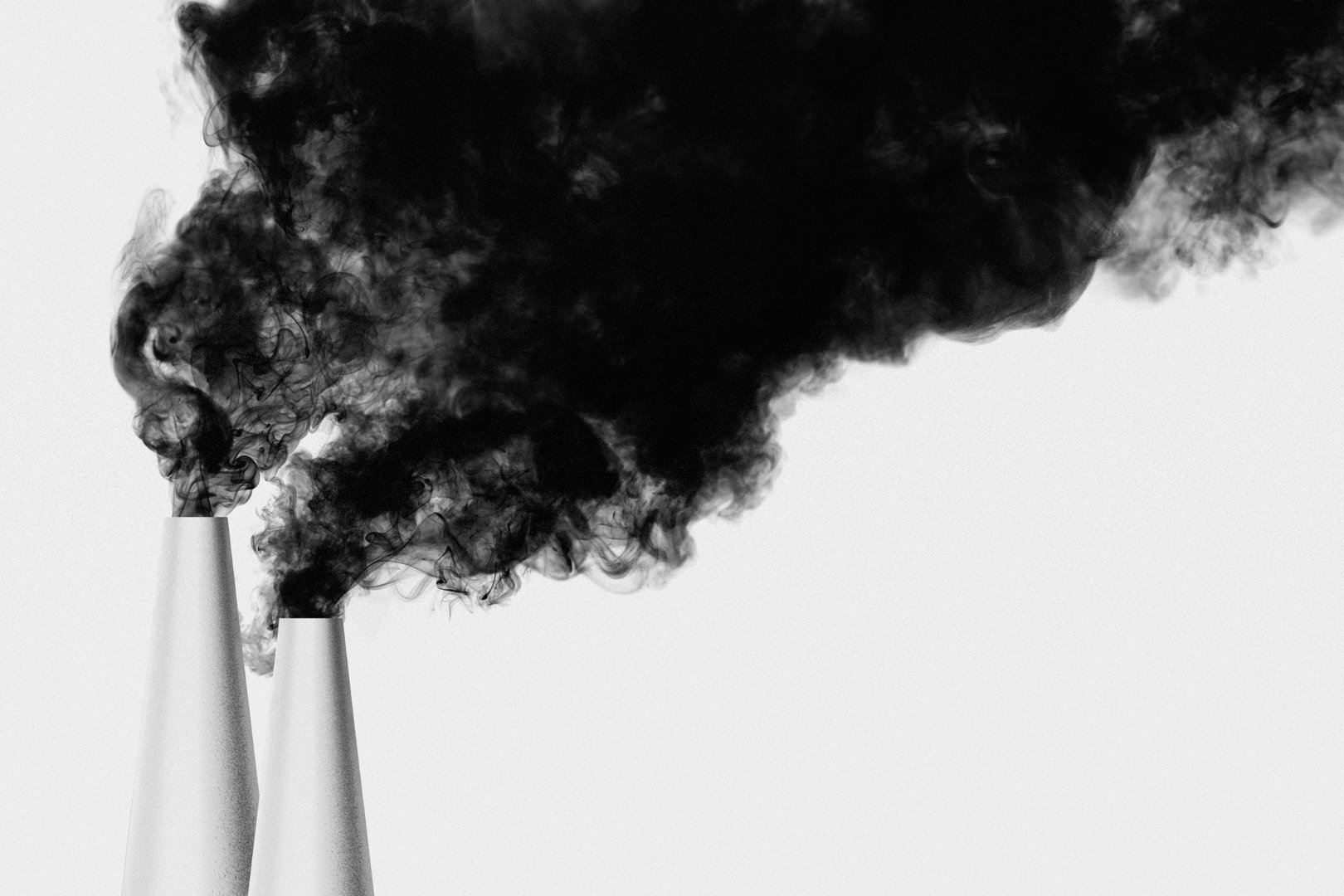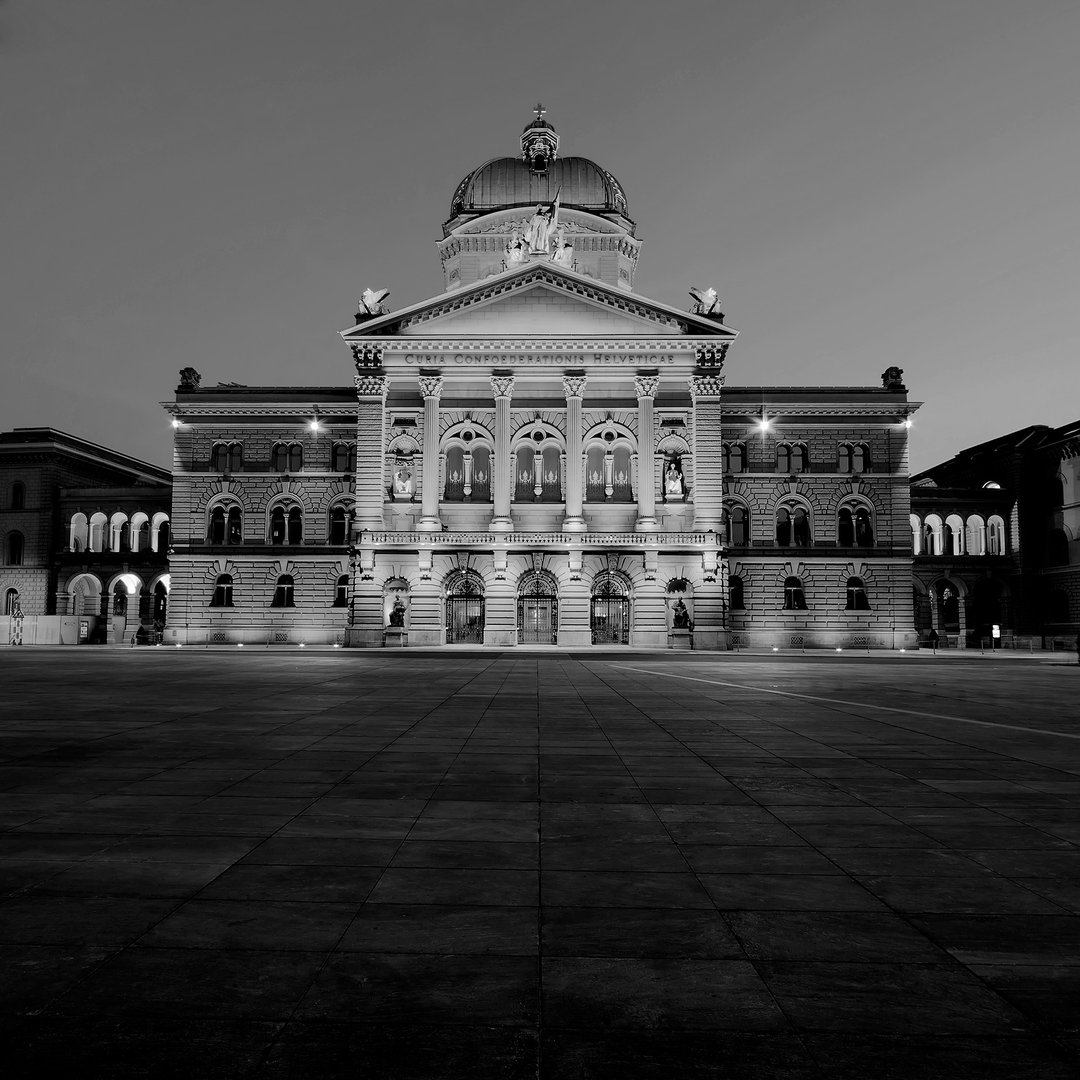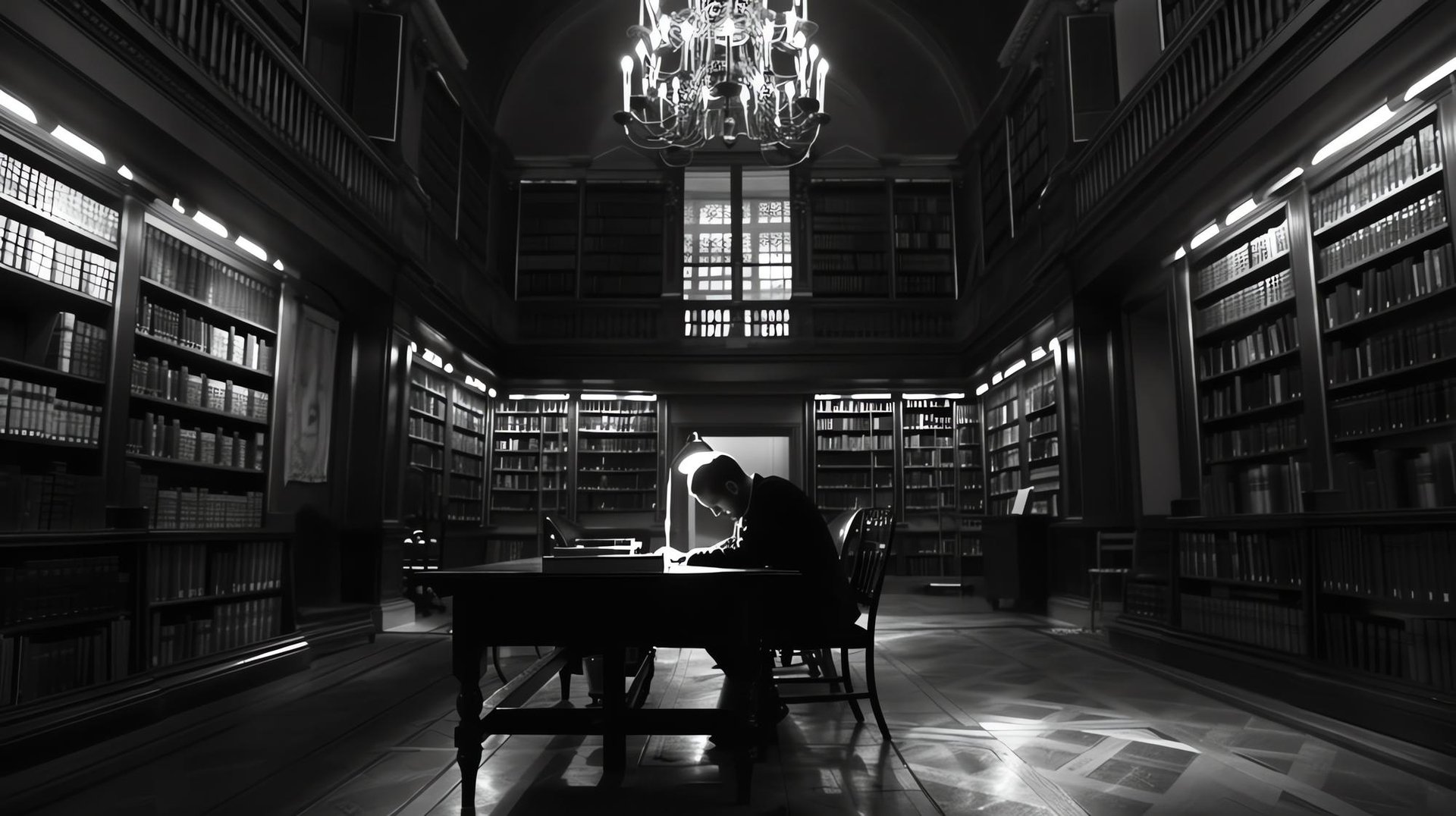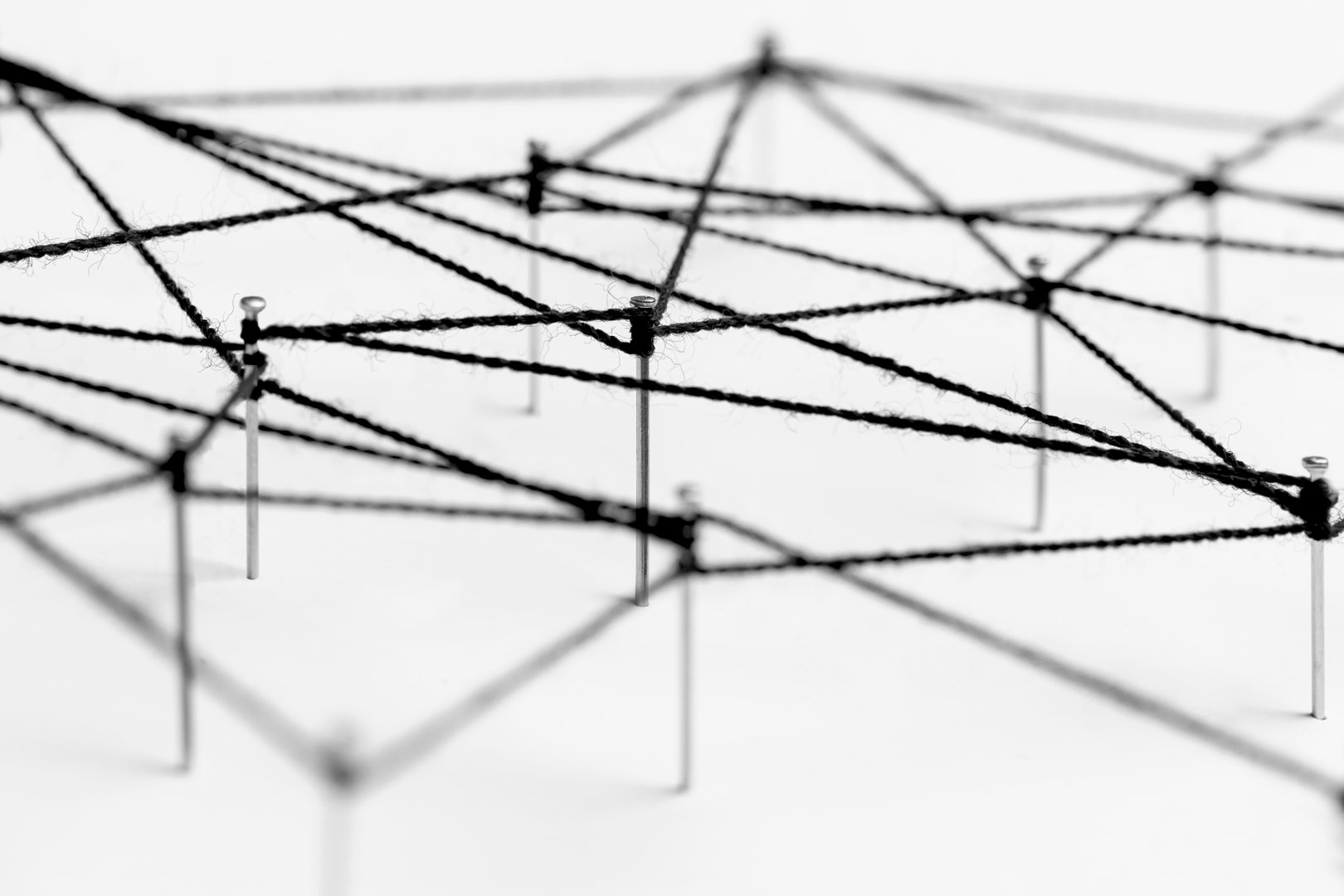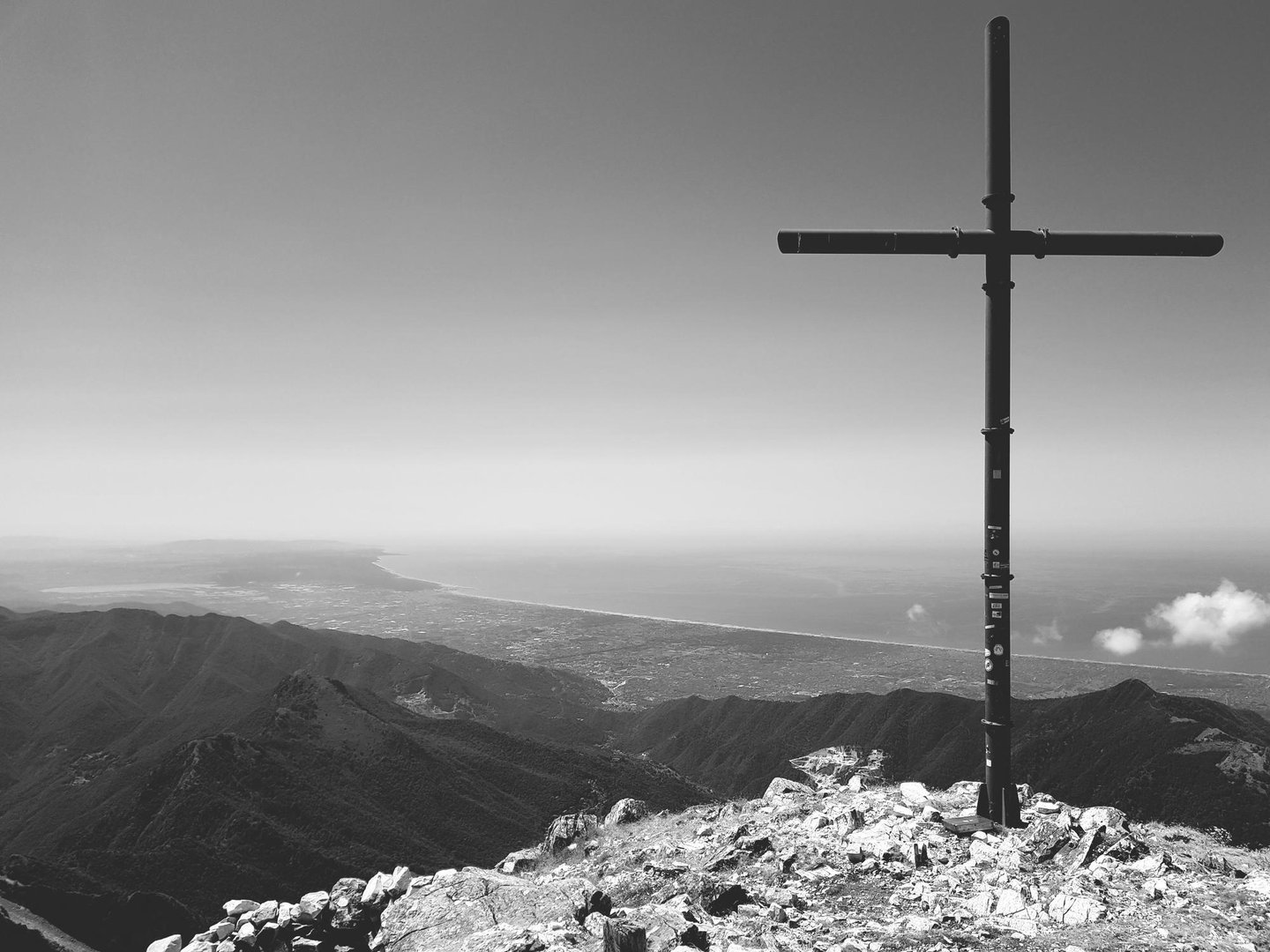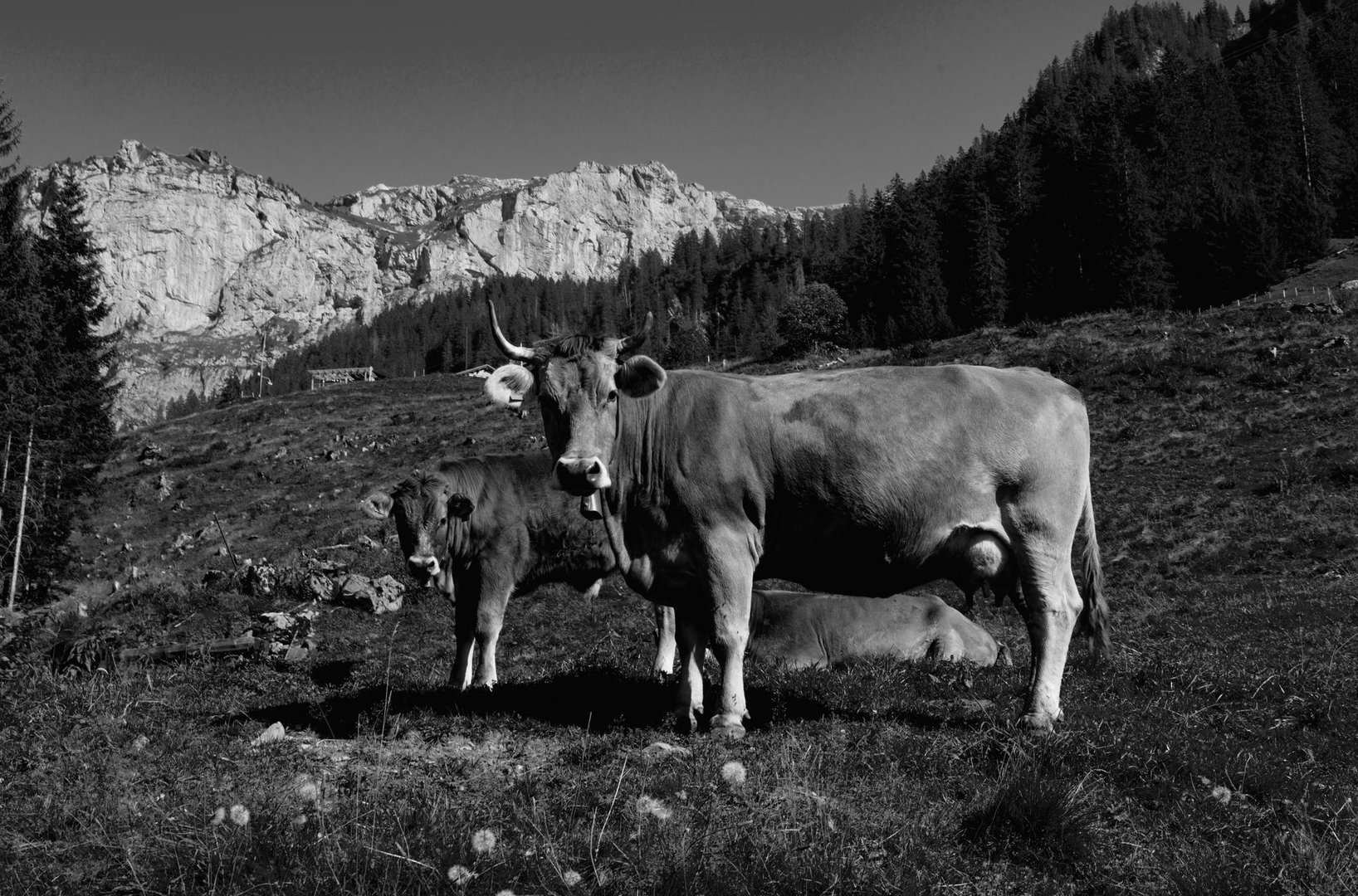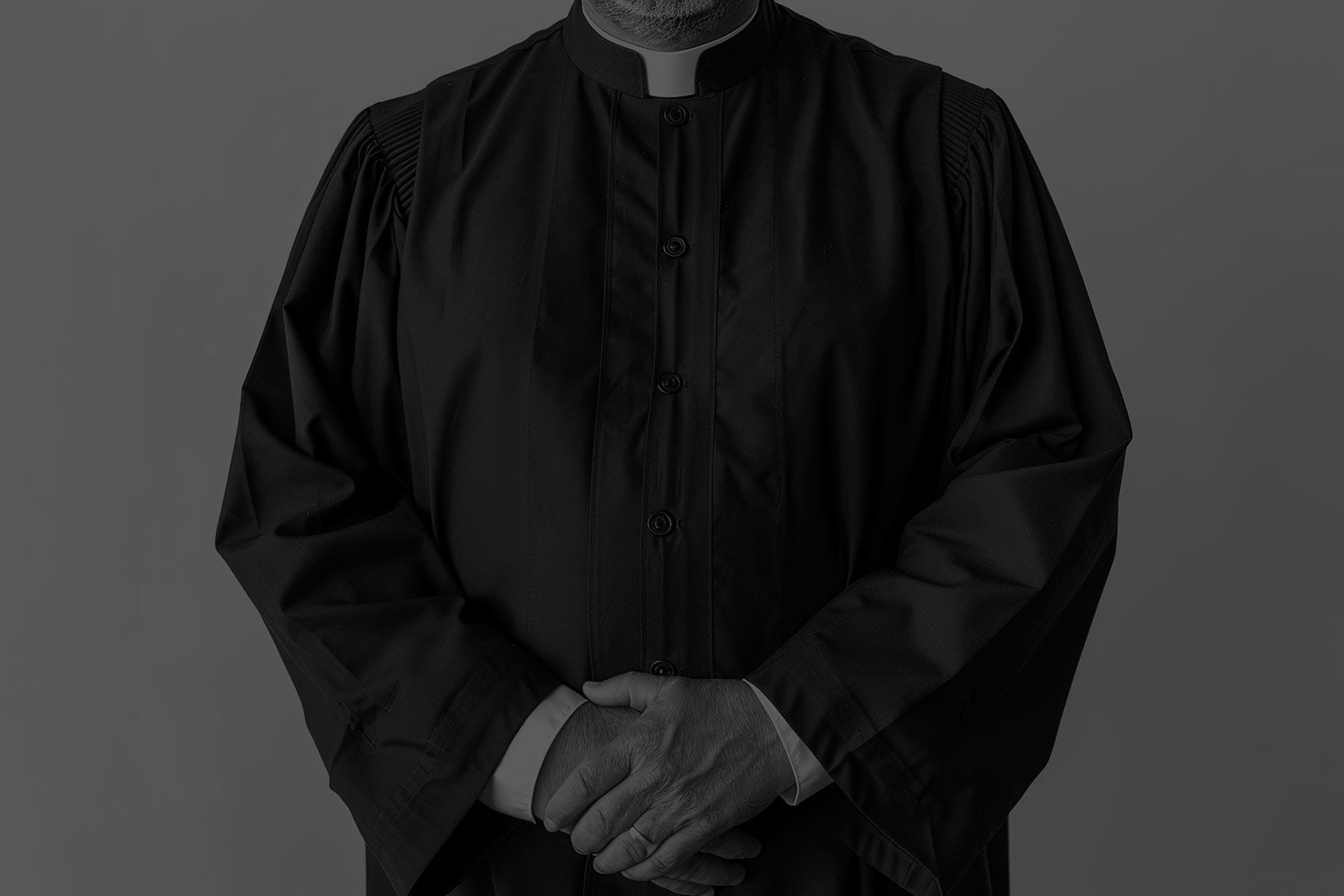We already know the facts, and we know the stakes: unchecked climate change will make life far harder, and in some places impossible, for those who come after us. That knowledge carries an obligation. We cannot pretend ignorance.
To act now is not charity toward the future; it is the minimum duty we owe the generations to come. Every delay deepens the harm they will inherit. The choices we make in politics, in business, and in daily life will decide whether the future is livable or hostile.
I am committed to cutting waste, accelerating renewable energy, and reshaping our systems so they work with nature, not against it. This is about ensuring that human life can continue to flourish, not only today but in the centuries ahead. The transition must happen now—because later will be too late.

